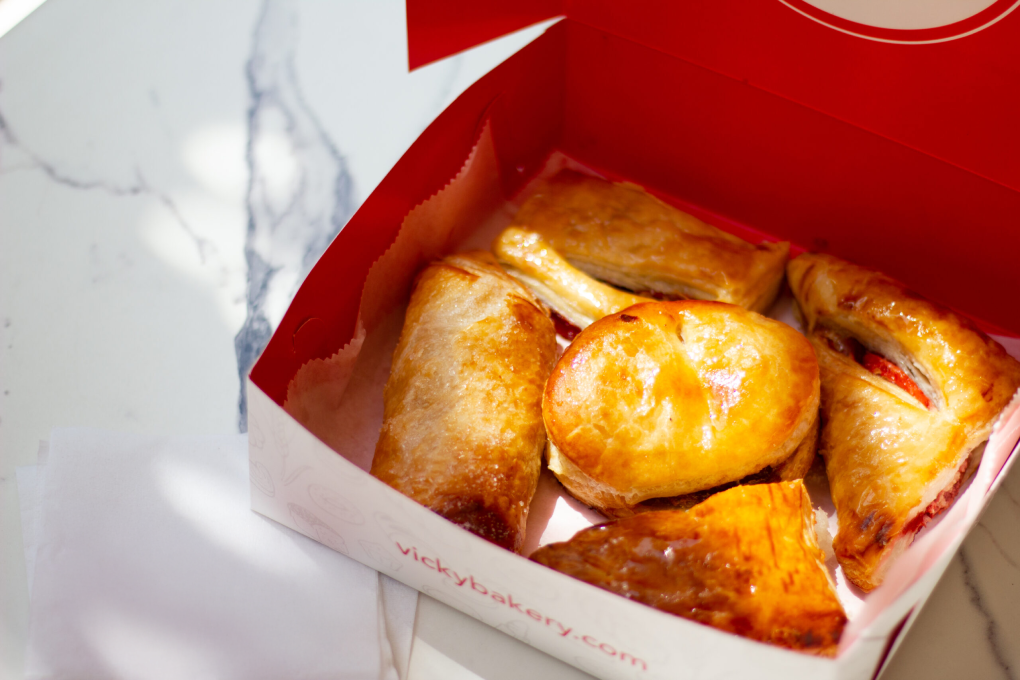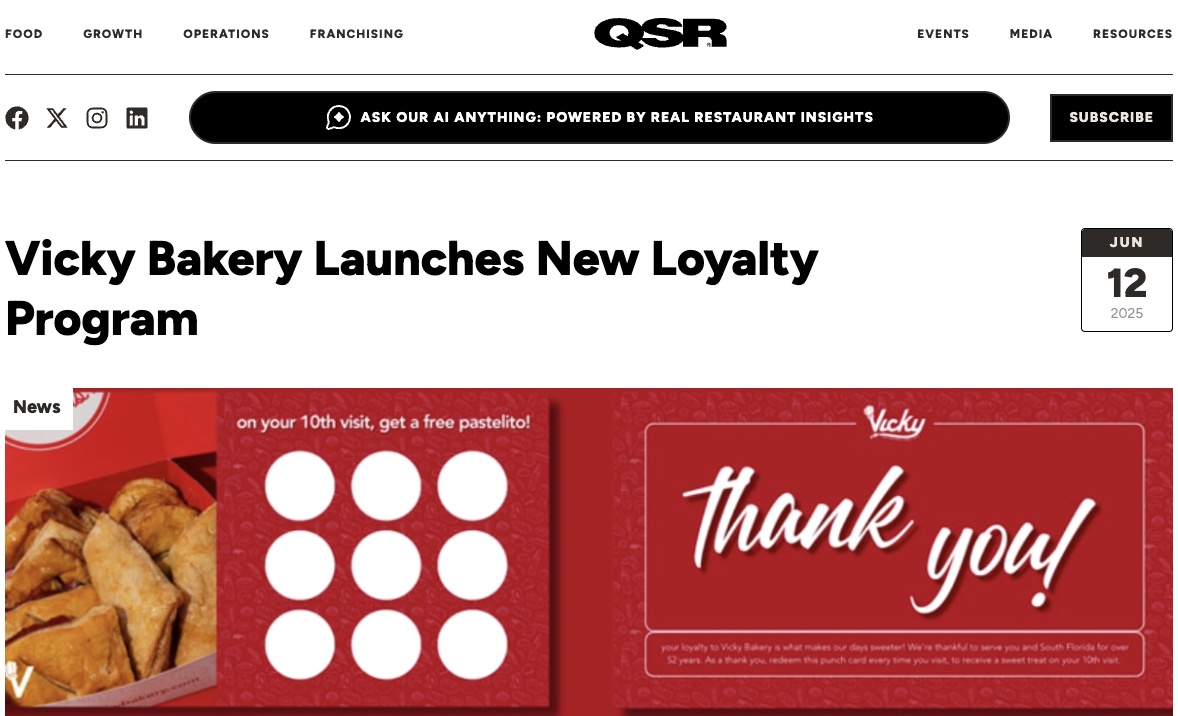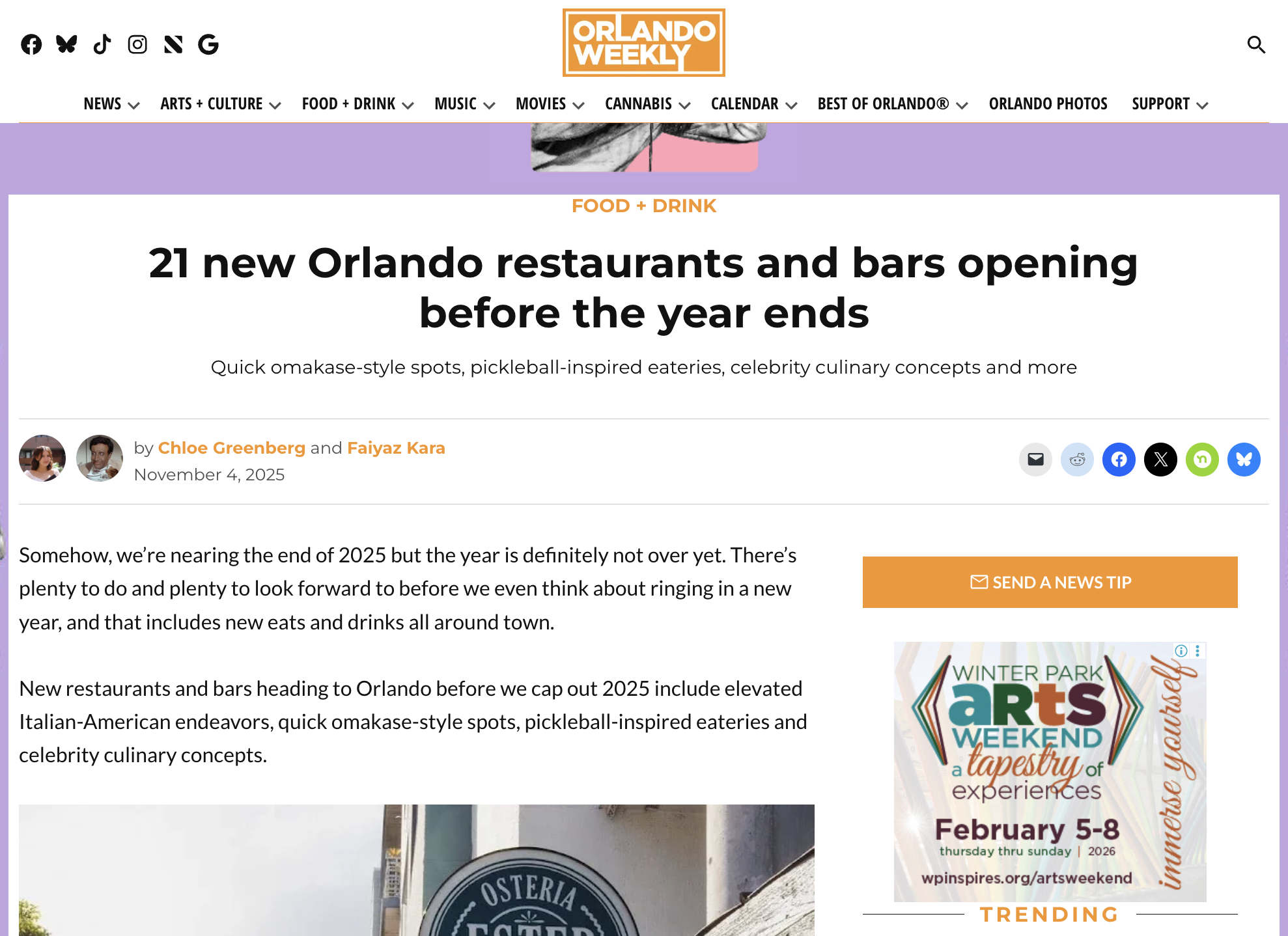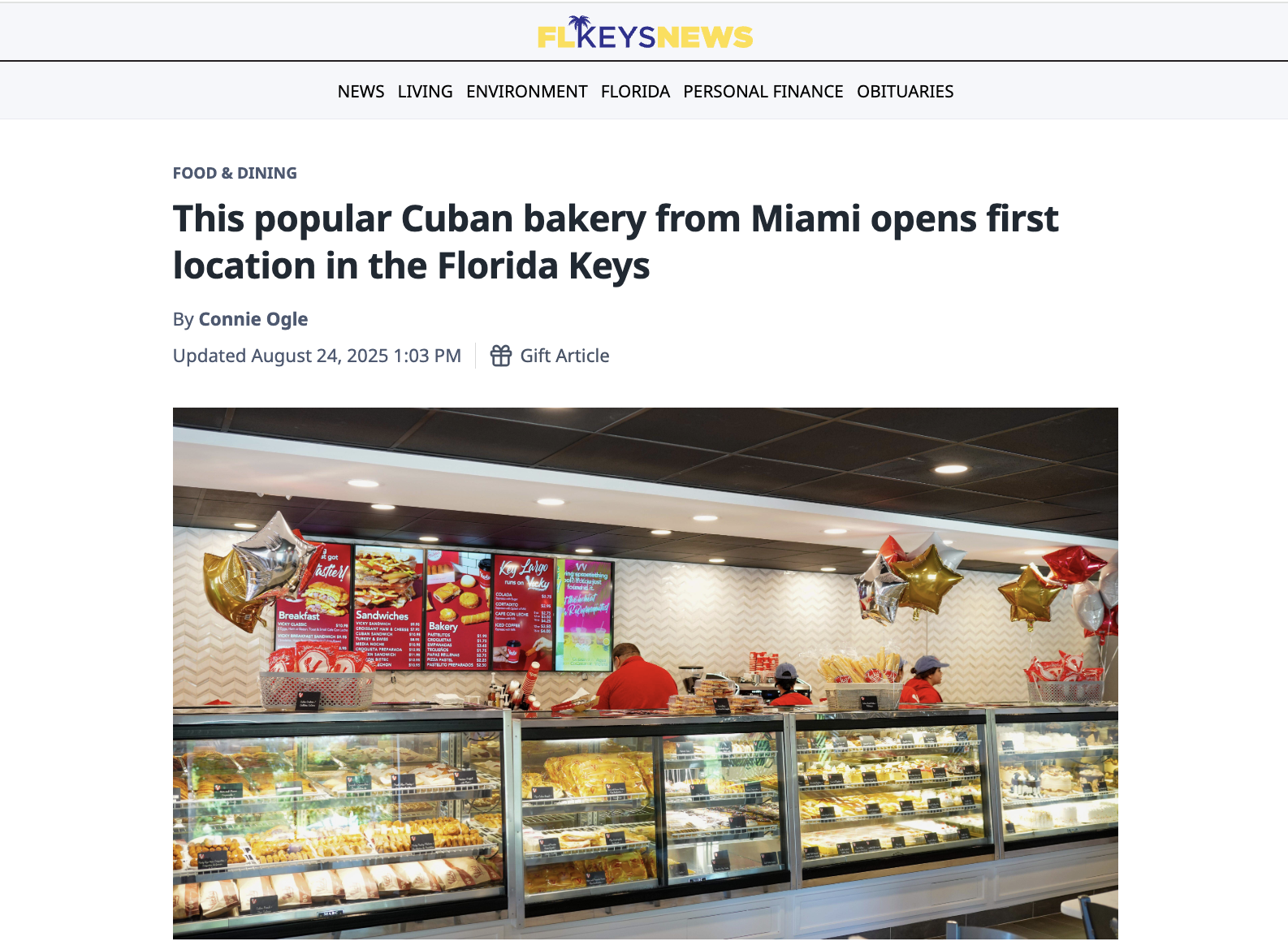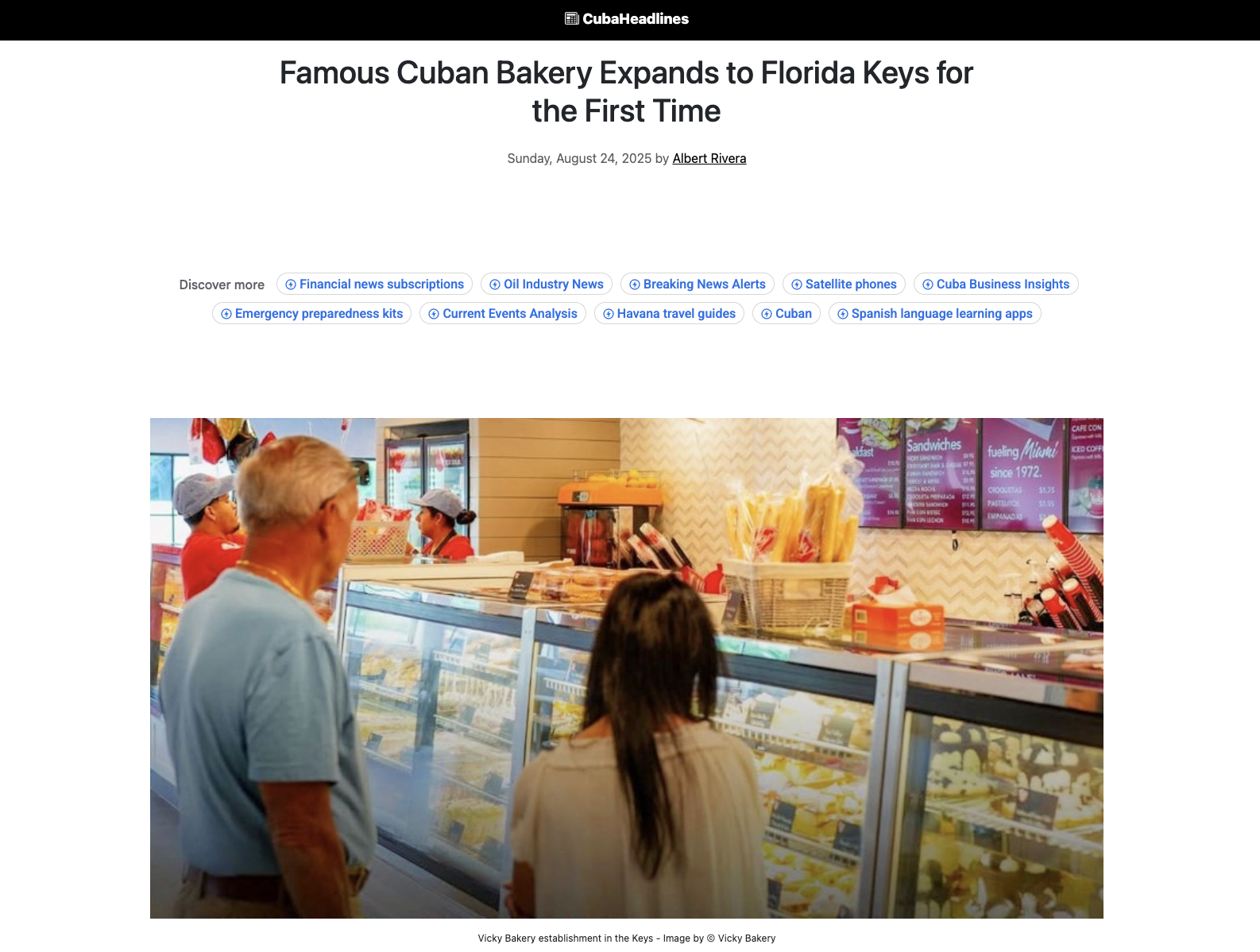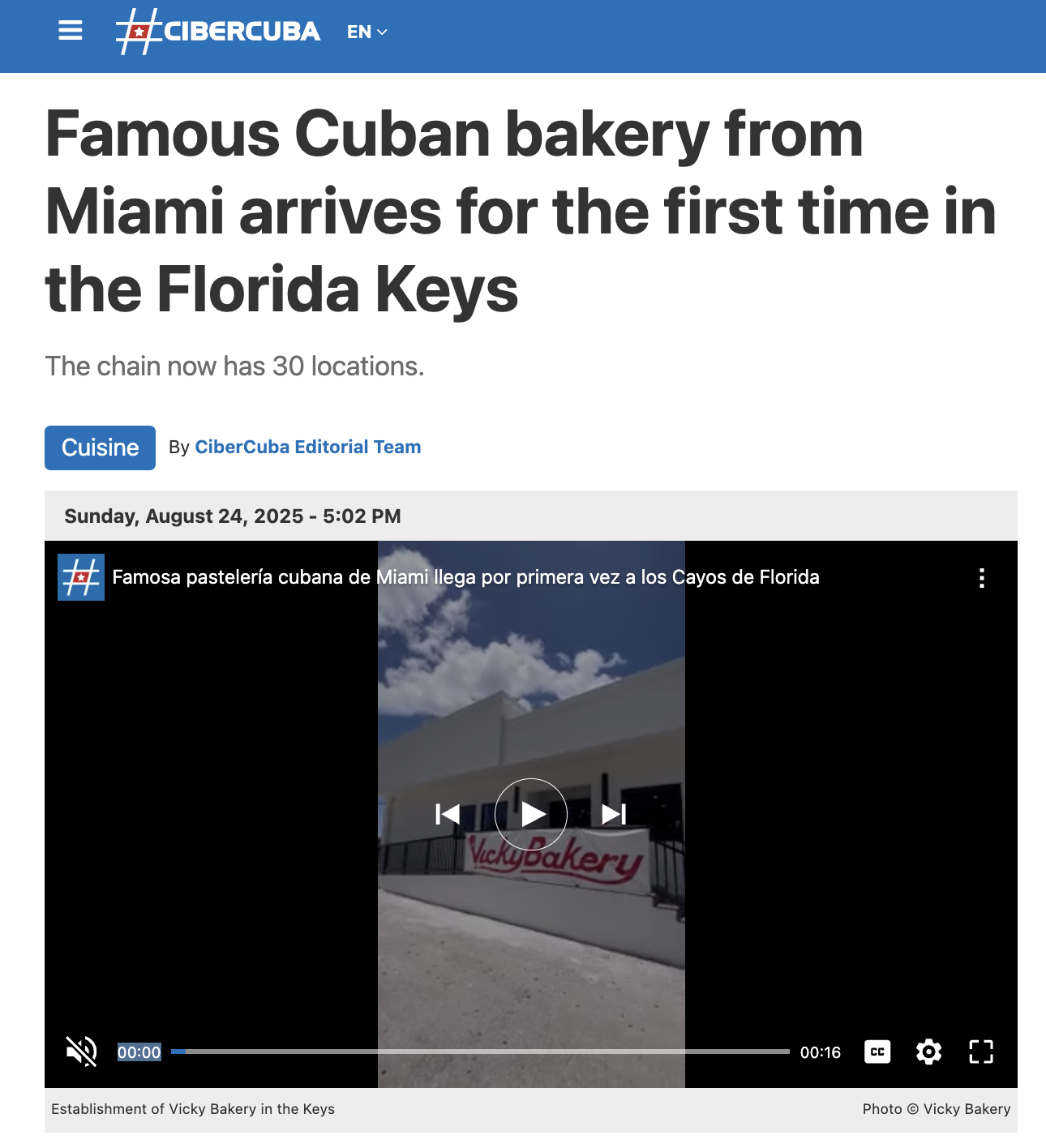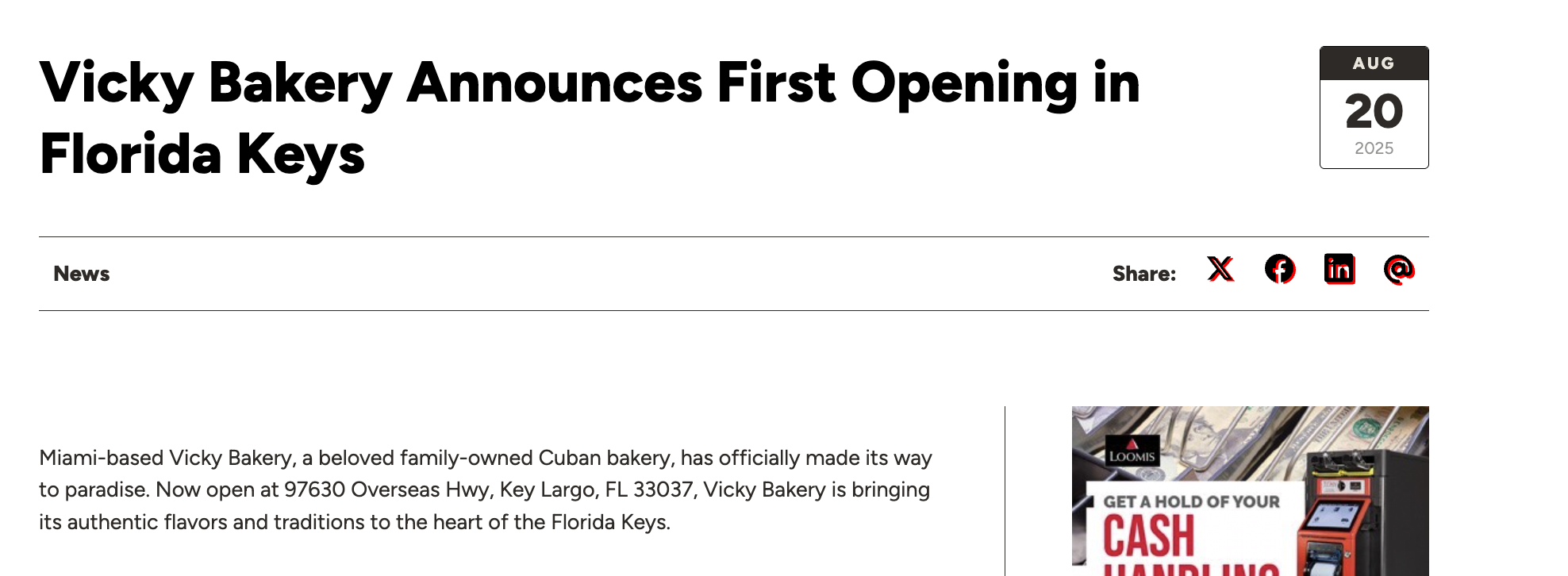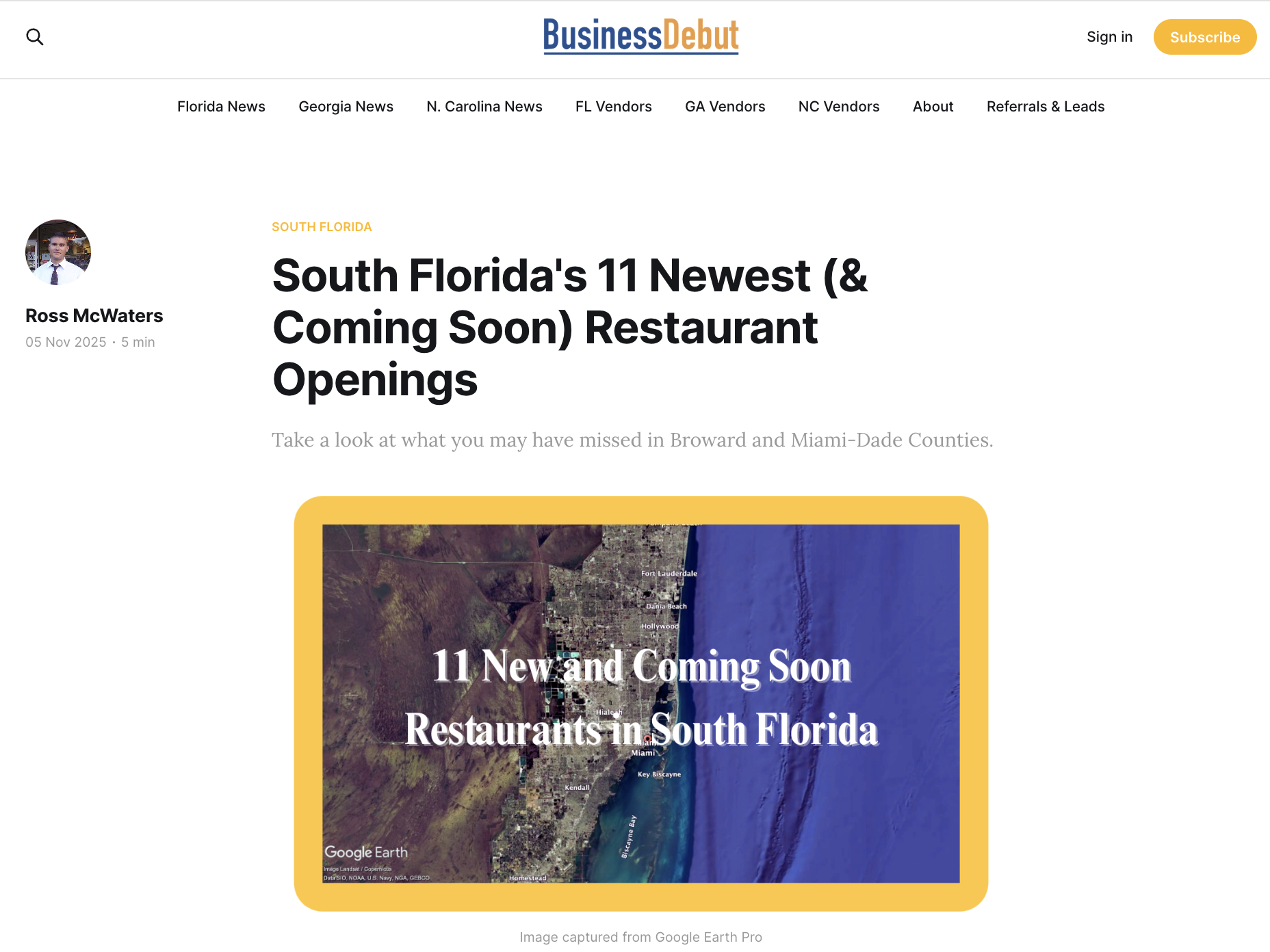
Business Debut | New Business Openings in the Southeast – South Florida’s 11 Newest (& Coming Soon) Restaurant Openings
South Florida’s dining scene isn’t slowing down. From coastal Peruvian plates to smoked-meat counters and late-night dessert runs, new spots are opening while a fresh wave lines up behind them.

